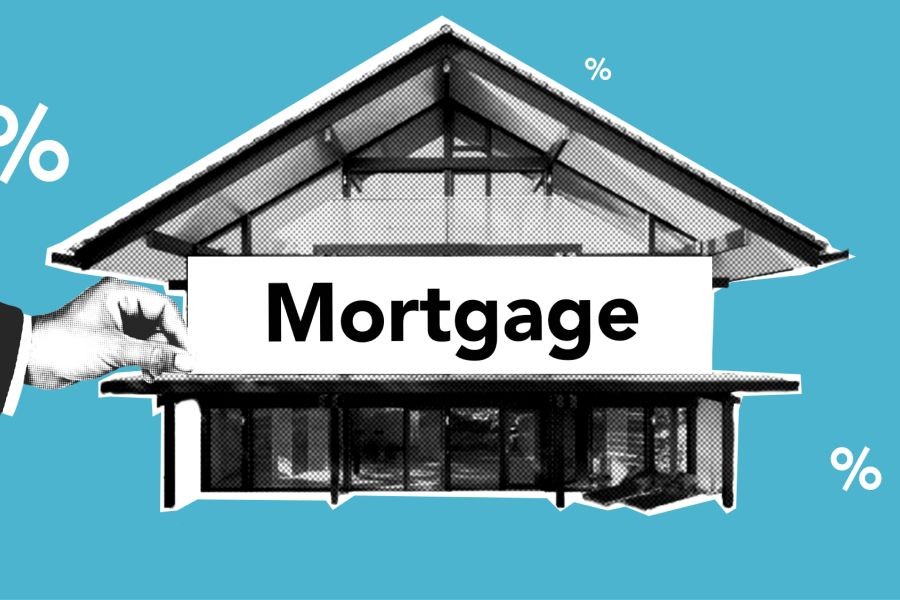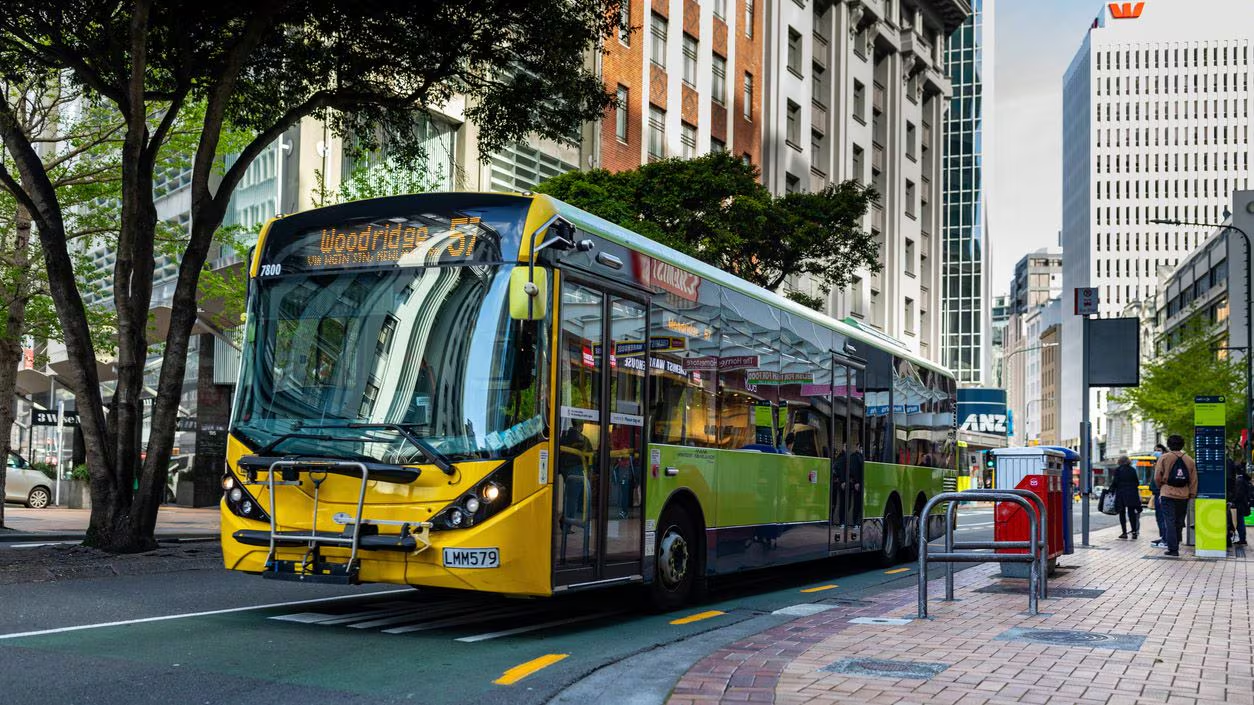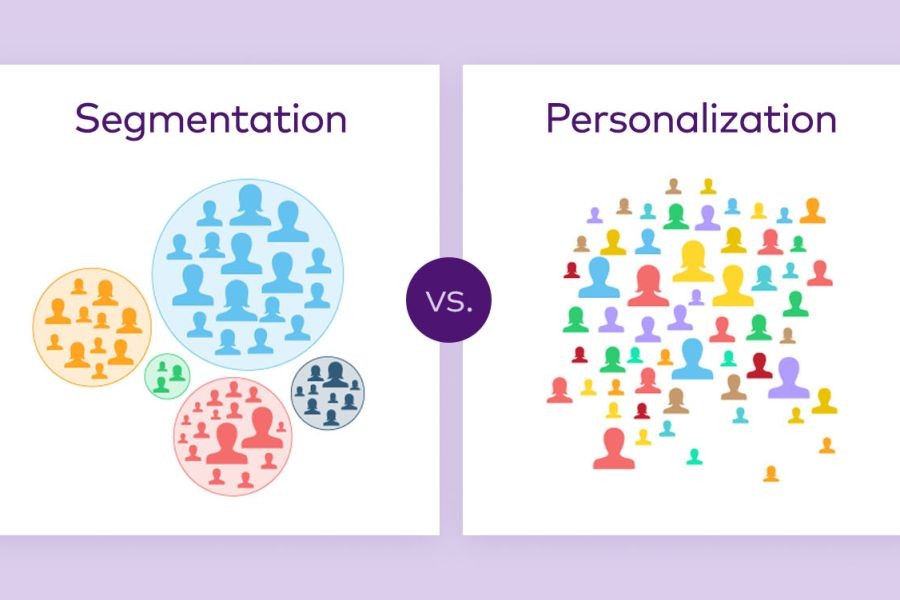In the bustling world of e-commerce, cart abandonment is a persistent challenge that can significantly impact a business's bottom line. In New Zealand, with its unique market dynamics and growing digital economy, addressing this issue is more crucial than ever. As the e-commerce landscape evolves, Kiwi businesses must adopt data-backed strategies to reduce cart abandonment and enhance customer experience. In this article, we delve into five proven strategies to tackle cart abandonment, enriched with local insights and global examples applicable to New Zealand's context.
Understanding the Cart Abandonment Dilemma
Cart abandonment occurs when potential customers add items to their online shopping cart but leave the website without completing the purchase. According to a 2022 report by Baymard Institute, the average cart abandonment rate globally is approximately 69.8%. In New Zealand, the situation is equally pressing, with businesses experiencing similar challenges. The Ministry of Business, Innovation and Employment (MBIE) highlights that optimizing conversion rates is critical for e-commerce growth in the region.
1. Simplified Checkout Process
The first step in reducing cart abandonment is simplifying the checkout process. A streamlined, user-friendly checkout experience can significantly lower abandonment rates. New Zealand's e-commerce giant Trade Me implemented a one-click checkout system, resulting in a 25% increase in completed transactions within six months. This success underscores the importance of minimizing friction during the checkout process.
Pros:
- Higher Conversion Rates: Simplified checkouts reduce drop-offs.
- User Satisfaction: Enhances customer experience and loyalty.
- Reduced Cart Abandonment: Directly addresses primary cause for abandonment.
Cons:
- Implementation Costs: Upfront investment in technology and design.
- Technical Complexity: Requires seamless integration and testing.
2. Transparent Pricing and Shipping
Unexpected costs at checkout are a major deterrent for online shoppers. Transparency in pricing, including shipping and handling fees, is crucial. A study by Stats NZ highlighted that 56% of New Zealanders abandon their carts due to unexpected costs. By clearly displaying all costs upfront, businesses can build trust and reduce cart abandonment.
Case Study: Mighty Ape
Problem: Mighty Ape, a leading NZ online retailer, faced high cart abandonment rates due to hidden shipping costs.
Action: They implemented a transparent pricing strategy, displaying shipping fees early in the purchase process.
Result: Within three months, Mighty Ape saw a 15% reduction in cart abandonment and a 10% increase in customer satisfaction scores.
Takeaway: Transparency in pricing fosters trust and encourages customers to complete their purchases.
3. Personalized User Experience
Personalization can significantly enhance the shopping experience, making customers feel valued and understood. Leveraging data analytics to offer personalized recommendations and promotions can lead to increased engagement and reduced abandonment rates.
Debate: Personalization vs. Privacy Concerns
While personalization can drive sales, it raises privacy concerns among consumers. On one hand, businesses like The Warehouse have successfully used personalization to boost sales by 20%. On the other hand, privacy advocates warn against excessive data collection. The middle ground lies in using opt-in strategies and transparent data policies to balance personalization with privacy.
4. Retargeting Strategies
Retargeting is a powerful tool to bring back users who have abandoned their carts. By using cookies and other tracking technologies, businesses can remind potential buyers of their abandoned carts through targeted ads and emails.
Pros:
- Increased Sales: Retargeting can recover 10-15% of lost sales.
- Enhanced Brand Recall: Keeps your brand top-of-mind for customers.
Cons:
- Privacy Concerns: Customers may view retargeting as intrusive.
- Ad Fatigue: Excessive retargeting can annoy potential customers.
5. Optimizing for Mobile
With mobile commerce rapidly growing, ensuring a seamless mobile shopping experience is vital. Stats NZ reports that 60% of New Zealand's online shopping happens on mobile devices. Responsive design and mobile-friendly interfaces are crucial for reducing cart abandonment.
Industry Insight: Mobile Shopping Trends
By 2025, mobile commerce is expected to account for 72.9% of all e-commerce sales worldwide. New Zealand businesses must prioritize mobile optimization to stay competitive and meet consumer expectations.
Common Myths & Mistakes
- Myth: "Abandoned carts mean lost sales." Reality: With effective retargeting, businesses can recover up to 30% of abandoned cart sales.
- Myth: "Free shipping is the only incentive needed." Reality: While free shipping is attractive, personalized promotions and discounts can also significantly reduce abandonment rates.
- Myth: "Mobile optimization is optional." Reality: With the majority of online shopping happening on mobile, optimization is essential for reducing abandonment.
Future Trends & Predictions
Looking ahead, advancements in artificial intelligence and machine learning will further personalize shopping experiences, potentially halving cart abandonment rates by 2030. Additionally, as New Zealand embraces digital payment innovations, such as Buy Now, Pay Later (BNPL) options, businesses can offer more flexible payment solutions to reduce abandonment.
Final Takeaways
- Fact: Simplified checkout processes can increase conversion rates by 25%.
- Strategy: Implement transparent pricing to build trust and reduce abandonment.
- Mistake to Avoid: Ignoring mobile optimization can lead to significant sales loss.
- Pro Tip: Use retargeting strategies to recover lost sales effectively.
With these insights, New Zealand businesses can effectively tackle cart abandonment and enhance their e-commerce success. By adopting data-driven strategies and staying ahead of emerging trends, companies can turn potential losses into valuable sales opportunities. What strategies will you implement to enhance your online shopping experience?
People Also Ask
- How does cart abandonment impact businesses in New Zealand? Cart abandonment leads to lost sales and reduced revenue. By addressing this issue, NZ businesses can improve conversion rates and enhance customer satisfaction.
- What are the biggest misconceptions about cart abandonment? One common myth is that abandoned carts equate to lost sales. However, effective retargeting can recover up to 30% of these sales.
- What are the best strategies for reducing cart abandonment? Simplify the checkout process, ensure transparent pricing, personalize the user experience, and optimize for mobile to significantly reduce cart abandonment.
Related Search Queries
- "New Zealand e-commerce trends 2023"
- "How to optimize checkout process NZ"
- "Personalization in NZ online retail"
- "Cart retargeting strategies NZ"
- "Mobile commerce growth in New Zealand"
































RalfMarzan
29 days ago